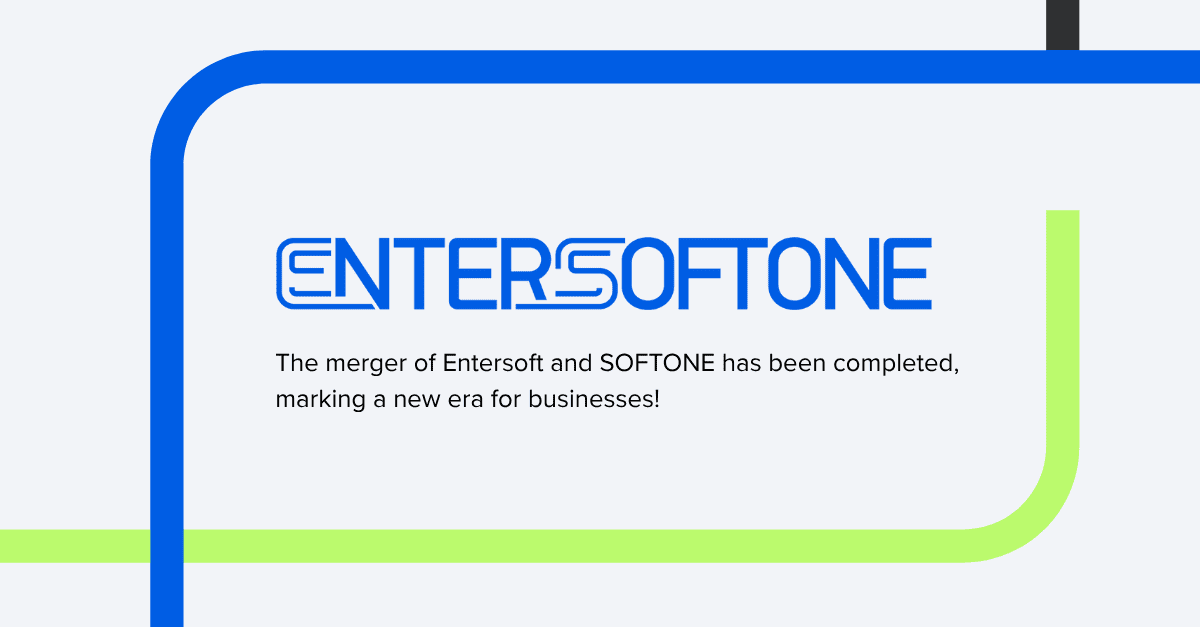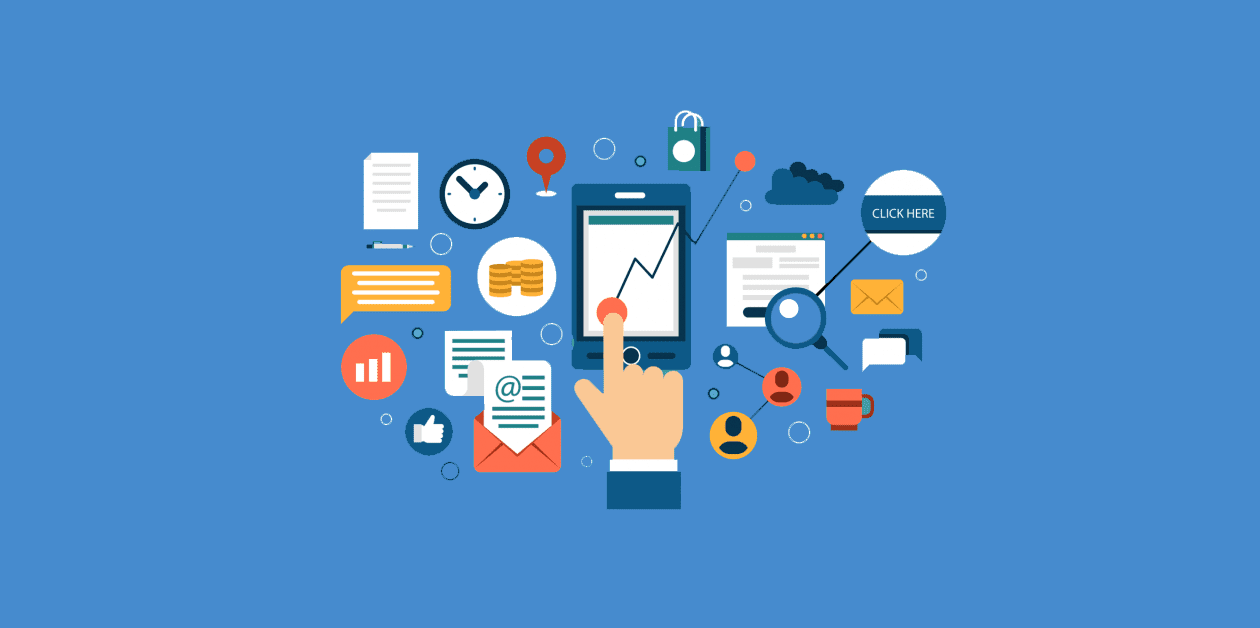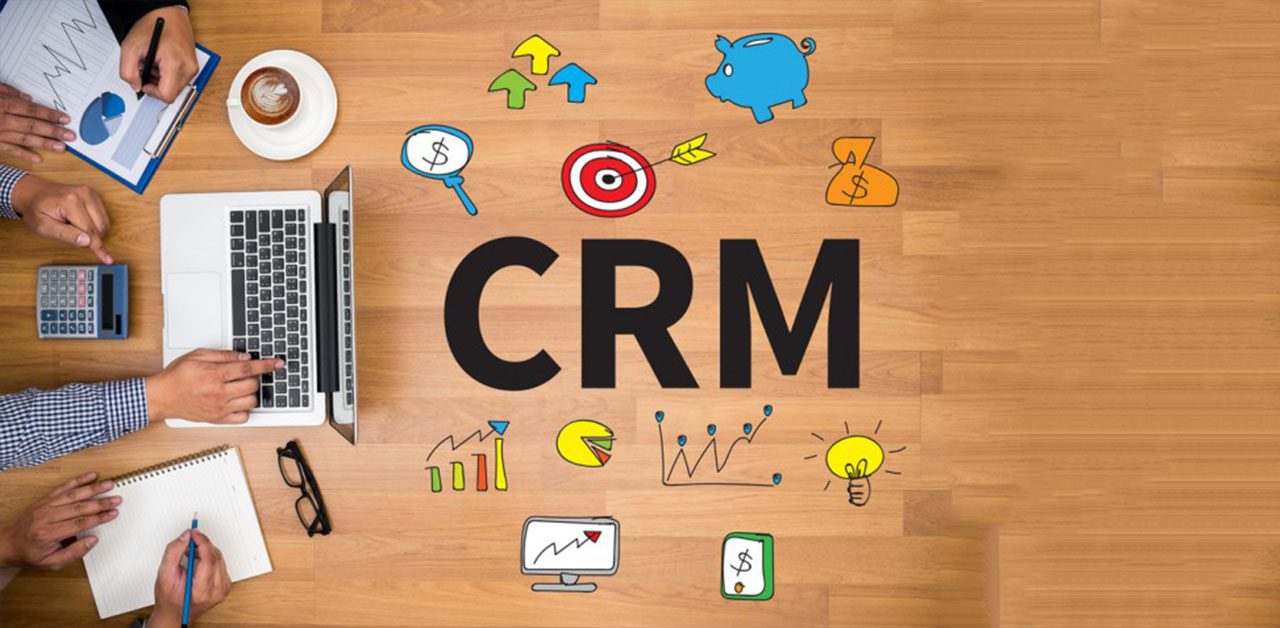Share
Read also

News & Events
ENTERSOFTONE: The merger of Entersoft and SOFTONE has been completed, creating the largest provider of business software products and services in Greece and Southeast Europe.

Mobility
Outlook for the BYOD and EM market from 2025 to 2035

Cloud
The Cloud CRM market will see impressive growth by 2033

Mobility
Key trends in Sales Force Automation
If you have a small business with limited budget, you could very well be skeptical about investing in a CRM solution. And although your concerns are understandable, you should also take into consideration the fact that -as a general rule- such a system will not only significantly reduce your operational expenses, but it will also increase precision, thus empowering collaboration and enabling effective data management.
Here are some of the most important benefits a CRM system can offer to a small business:
- Storing customer data
- Effective data sharing
- Adding specific information for each individual customer with integrated calendars and memos
- Adding prioritized tasks
- Assigning tasks to employees
- Creating records based on customers’ responses
- Sending emails and newsletters
- Creating lists with leads
- Continuous progress monitoring
- Analyzing data and planning future strategic initiatives.
Given all the above, it is evident that the selection of the most suitable CRM system for your business is directly related to your needs and the requirements of your employees. After all, any given CRM system is only as effective as its end-users and the goals it is set to achieve. Nevertheless, there are a few specific parameters that a small business should also consider when looking for a CRM solution.
Ease-of-use is one of the most common factors, since you should always choose a technology that you can easily understand and use. So, ask your solution provider for a trial, in order to make sure that the system is actually compatible with your requirements and that you’ll feel comfortable using it on a daily basis. There are different CRM systems for different industries and sectors. For example, some of the available solutions are specifically designed for hospitality, real estate, stock exchange, and so on. After selecting the right CRM system, make sure it is customized to cover your specific business needs. Another important factor is that of compatibility. Your CRM solution must be compatible with your existing hardware and software, so as to avoid common issues that could render the system difficult to use, or even useless.
Accessibility is another parameter you should consider before making your choice. It is advisable that you choose a cloud-based solution that will enable you to access your data anytime, anywhere and from any device. The only requirement is having an Internet connection. It is not advisable to acquire a solution that would limit your access exclusively to the device or the location where the system is installed. Things have changed, and social media are now an integral part of everyone’s life. Learn to use them to your advantage. For example, you could use data from your customers’ social media accounts to drastically improve your communication with them. So, choose a CRM solution that would integrate the social profile options of your contacts and feed their latest tweets and posts to the news feed.
Of course, one should never underestimate the issue of security! Your CRM solution must comply with the latest safety standards, so as to protect you from hacking attempts, data loss, power outage and other risks. Last, but not least, comes the cost. CRM solutions for small and medium businesses cost significantly less than those addressed to big organizations. So, it may be time for you to consider purchasing a CRM system that will bring your business one step ahead of competition.







